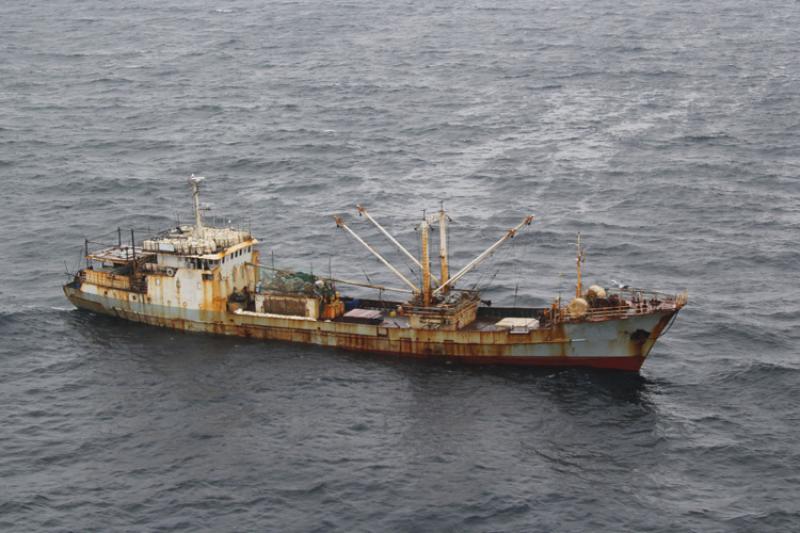Every day, the United States and our partners across the world work together to crack down on Illegal, Unreported and Unregulated (IUU) Fishing and Seafood Fraud. These are not just problems for fish; these practices hurt law-abiding fishermen, damage the economy, and threaten our food security. Furthermore, these offenses are often linked to other international concerns, such as human rights abuses, human trafficking, forced labor, and other forms of transnational crime.
On this day, June 5, we take time to recognize the tireless work of law enforcement officials, data and policy analysts, human rights advocates, as well as the businesses, communities and governments who uphold the laws and principles of sustainable fisheries and marine conservation. First marked in 2018 by the U.N. General Assembly, the International Day for the Fight Against IUU Fishing brings attention to this important issue and highlights the efforts of those who work on the front lines to stop these crimes.
NOAA's Deputy Assistant Secretary for International Fisheries, Drew Lawler, has issued a statement in recognition of this important day:
“It’s encouraging to see government, private industry and NGOs increasingly working shoulder-to-shoulder to stop IUU fishing. We’re looking at ways to close off the supply chain to bad actors that fish outside the quota system through their use of unreported transshipments, illegal gear and harmful methods that result in unacceptable bycatch and those fleet owners that use enslaved and forced labor.
“The good news is fishing authorities from nations around the world are stepping up internal oversight of their fleets. While we’re making progress, there remains much work to be done. For decades bad actors have fished with impunity while their governments looked the other way. This is changing.”
How can you help? When buying at the seafood counter, make sure you buy from knowledgeable, reputable dealers. They can provide you with information on the seafood they sell and its origin. Also, check labels. All seafood sold in the U.S. is required to have a country of origin labeling right on the package. Get the facts at FishWatch.gov.
Chris Oliver, Assistant Administrator, NOAA Fisheries


